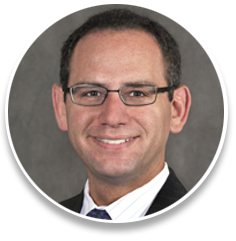
An Update on the 2017 IDSA/SHEA Clinical Practice Guidelines: Focus on the Identification and Treatment of Recurrent C. difficile

In this text-based interview, Dr. Paul Feuerstadt reviews the updated IDSA/SHEA clinical practice guidelines for the treatment of recurrent C. difficile infection (CDI).

Gastroenterology Center of Connecticut
Assistant Clinical Professor of Medicine
Yale University School of Medicine
Hamden, CT